Number Bond Rainbows
As I mentioned earlier this week, number bonds are an invaluable tool in teaching early math and in building math fluency. And while using number bonds to memorize addition facts is a great way to organize them in a way that makes sense, sometimes it’s helpful to have a visual model and reminder as well! And of course, it’s always fun to combine math and art! To help demonstrate not only the different fact families, but also reinforce the commutative property, my daughter and I painted number bond rainbows. We now have these hanging in our school room as a beautiful reminder of the different addition facts!

*Please Note: Some of the links in this post are affiliate links and help support the work of this site. Read our full disclosure policy here.*
Materials Needed for Number Bond Rainbows:
- Number Bond Rainbow Printables (at the end of this post)
- Watercolor paints
(or fingerpaints
could be fun too!)
- Paintbrush
- Cup of water to rinse paintbrush
Before Painting the Facts:
Rather than simply jumping into this art project, spend some time reviewing addition facts. Start with one and talk about the different ways to build each number.
Look for patterns that develop with the facts themselves (which numbers have doubles?) as well as the number of facts for each number (how can we tell how many addition facts a number will have?).
Be sure to look at all the possibilities so that students see the commutative property (i.e. you can switch the numbers around and the solution is still the same: 3+4 = 4+3 = 7).
Depending on the age and background of your students, you may even want to spend time reviewing in a hands-on way to help kids see the addition facts, or to remind them of them.
Once you’ve had some good discussion and considered the patterns, it’s time to break out the paint!
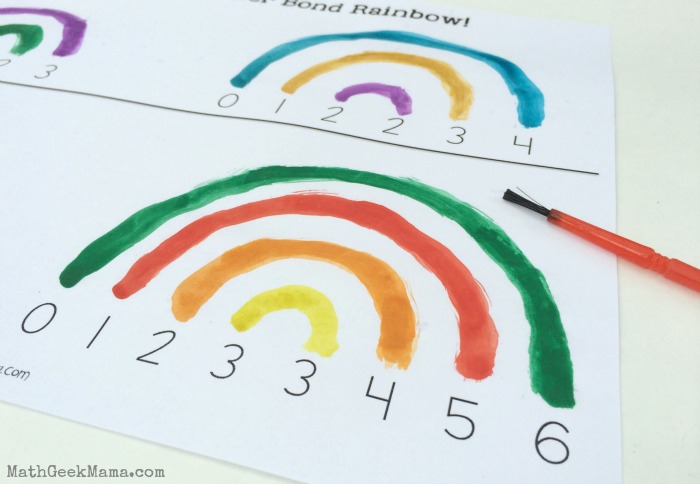
The rainbows included in this free download go from 3-10. There are a couple of different ways you can use them.
One way would be to discuss the addition facts first (maybe even write them down for students) and then let them paint the rainbows that form by connecting the appropriate addends.
A second approach would be to simply explain how to form the rainbows (start by forming a bow with the middle two number and then work outwards), and then write out the addition facts and solutions after seeing the rainbows that form.
If you have older students, you could also have students create their own without the printables below! Or, have your third or fourth graders paint factor rainbows with their multiplication facts!
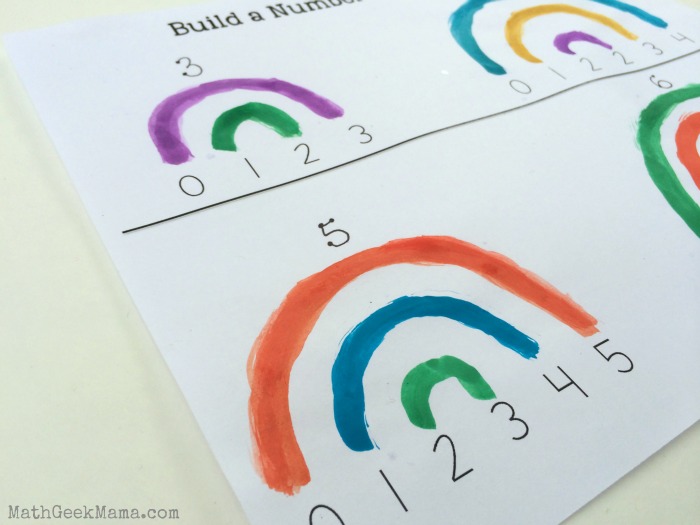
After they dry, add the solution above or below each rainbow, and then find the perfect place to display them! 🙂
However you use these, I hope you will have fun and your kids get creative as they learn and explore addition from 1-10!
{Click HERE to go to my shop to download the Number Bond Rainbows Printable!}
Looking for more resources for exploring number bonds? Try one of these:
And you may also like this set of mazes–a fun and unique way to practice addition and subtraction within 10! It also includes extension ideas, so kids don’t just focus on memorizing facts, but look for patterns and think deeply about math.


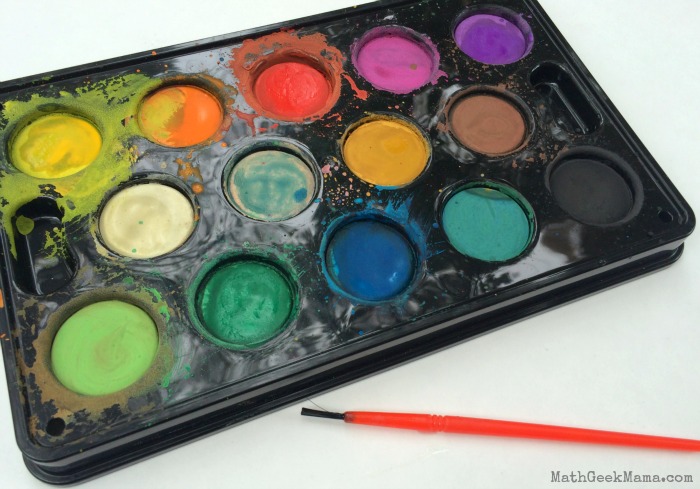
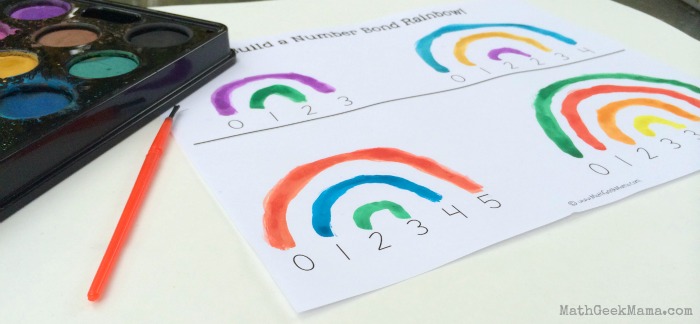
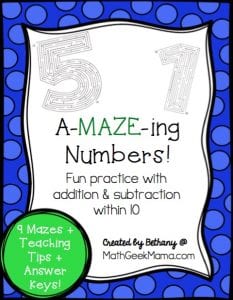
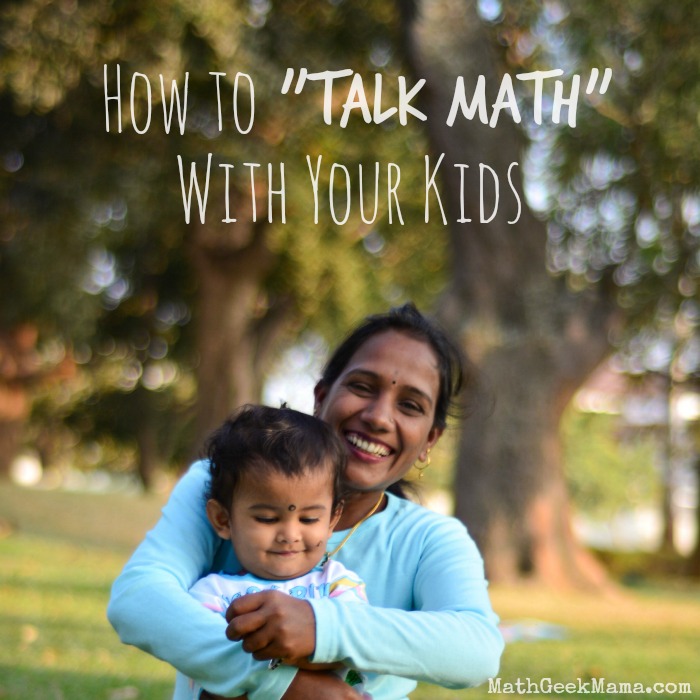
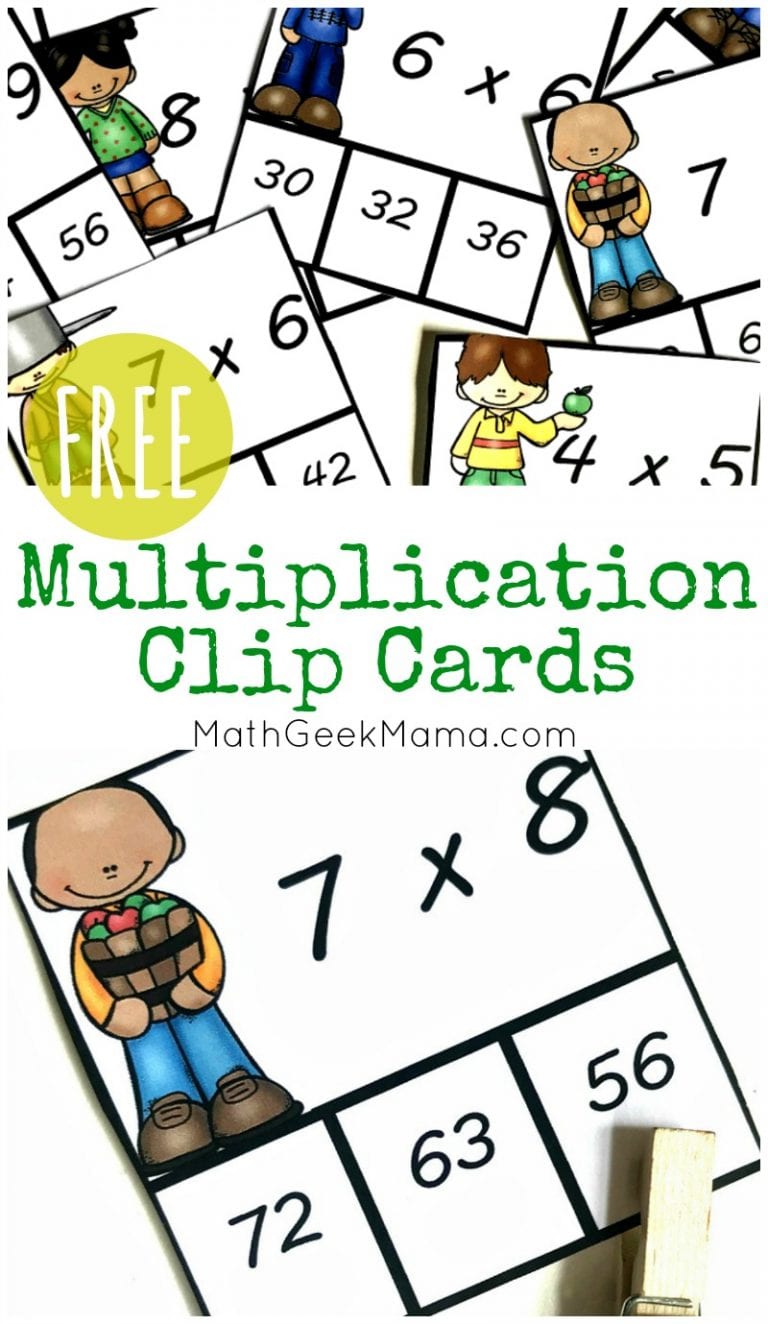
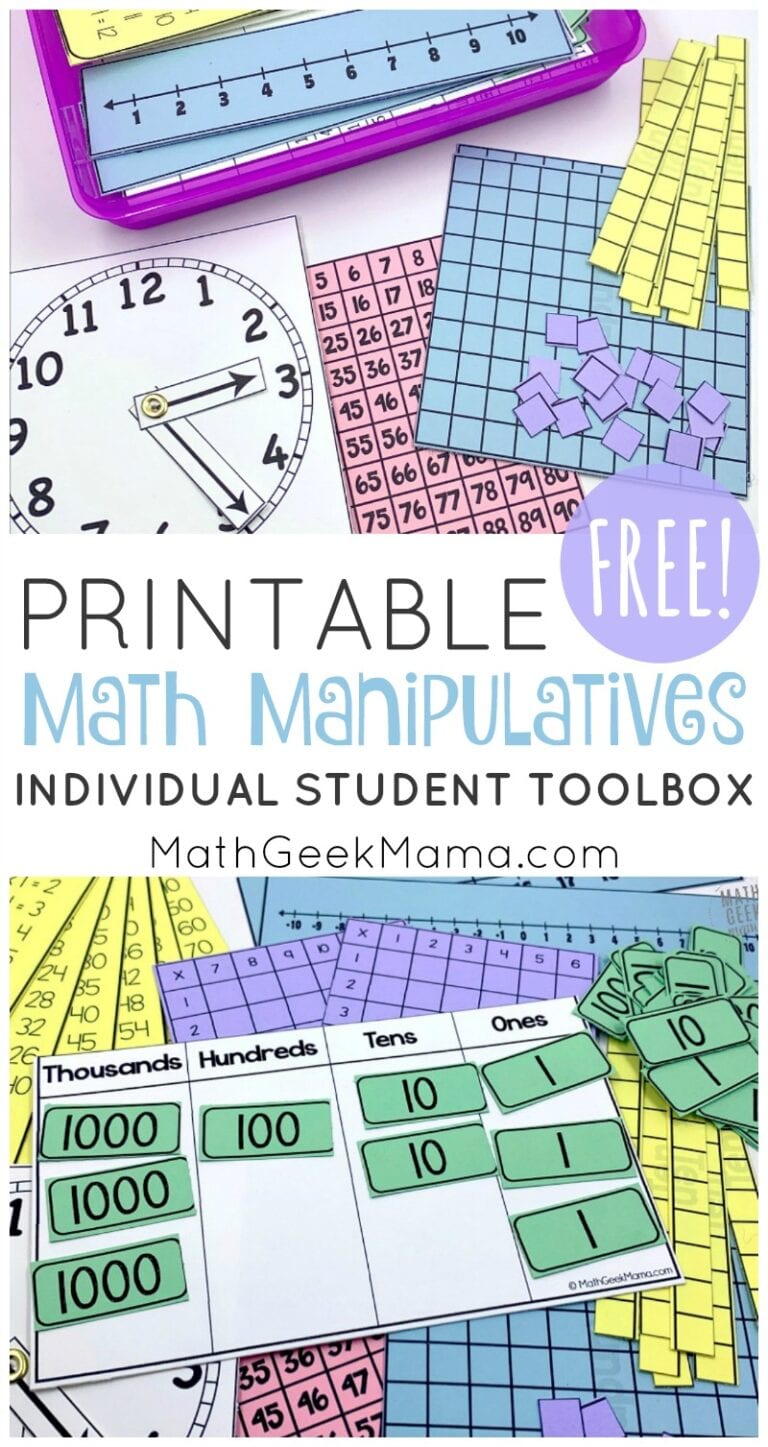

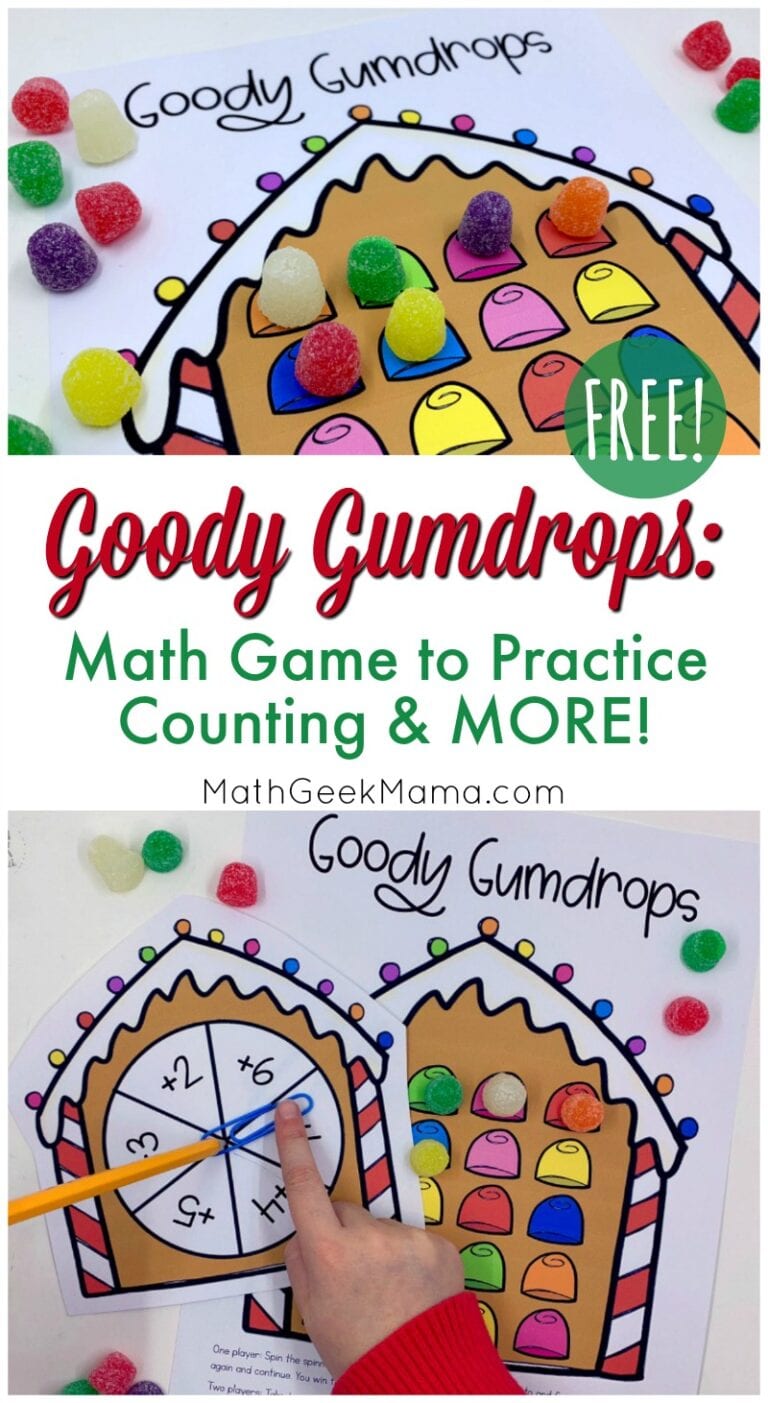
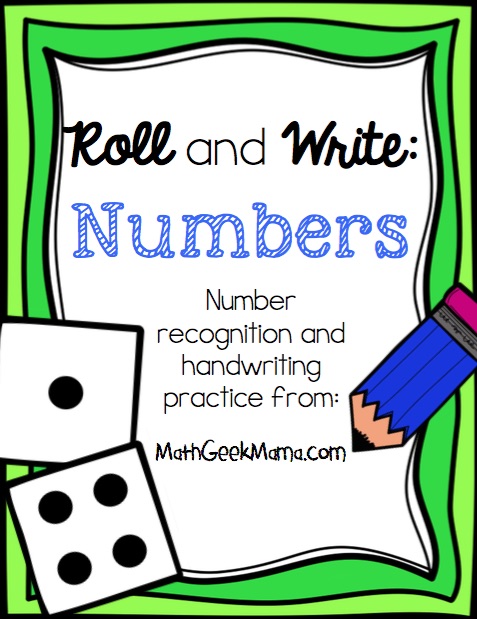
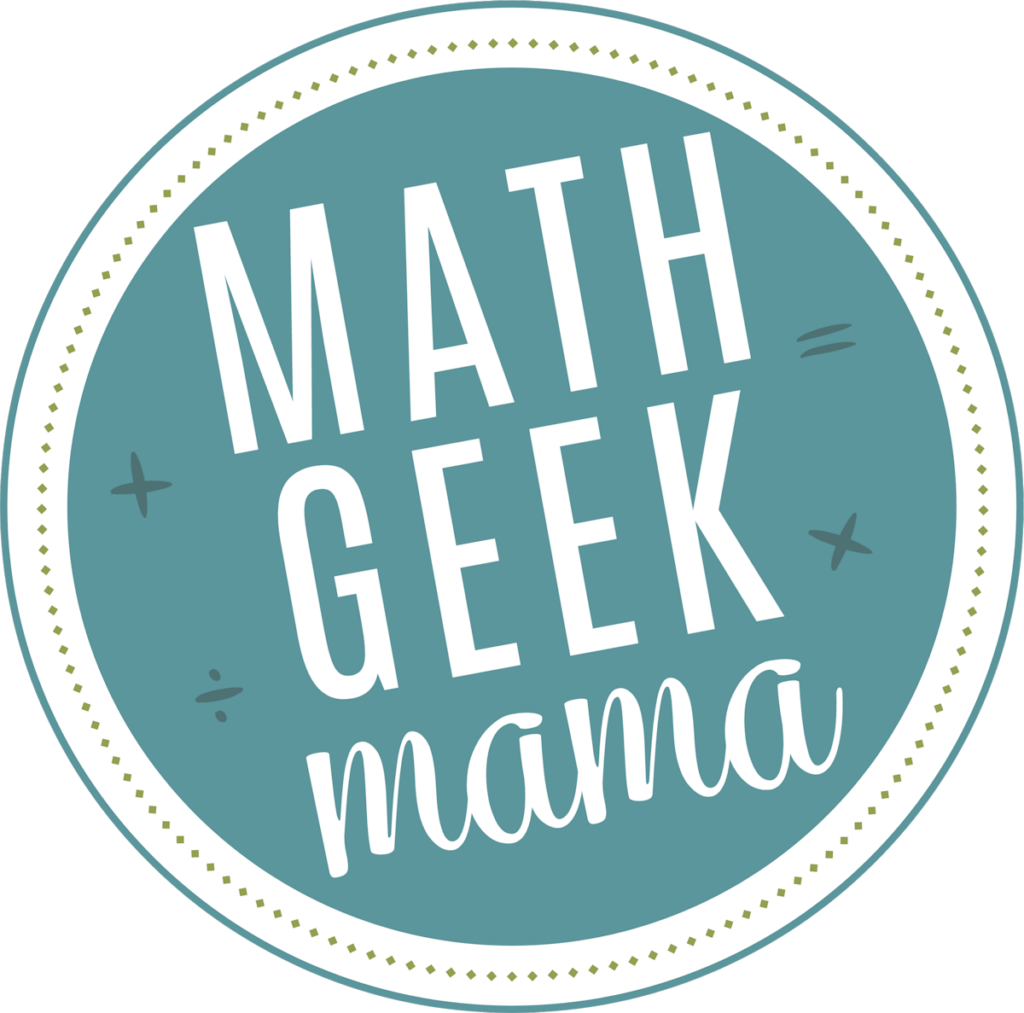
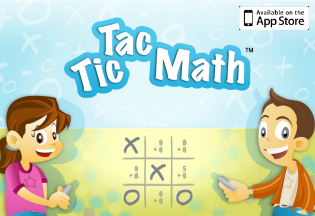


I love this! I’m always looking for things that will appeal to my girls.
These are beautiful! Paint makes everything more fun for kids. 🙂 Thanks for sharing at Freebie Friday!
Linda at Primary Inspiration
Yes, I completely agree Linda! Thanks for stopping by! 🙂
Oh I love this activity Bethany – can’t wait to try out
Thank you so much! I hope you have fun with it! 🙂
These are great tools! Thank you for linking up at the Thoughtful Spot Blog Hop! 🙂
DIG this addition activity! Many thanks for linking up at Mommy Monday Blog Hop!
This is such a great learning activity! Thanks for sharing with us at Mommy Monday, I pinned this to our board. 🙂
XOXO
Thank you so much! 🙂
I have seen these rainbows before but never tried them with my daughters. I’m glad I saw your post tonight, I just printed out your printables to paint our own tomorrow. Thank you! 🙂
Oh that’s great! I hope you have fun! My kids love any excuse to break out the paint, so this was a hit! 😉